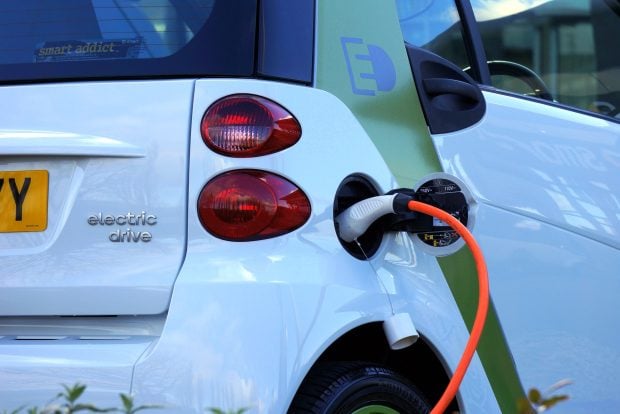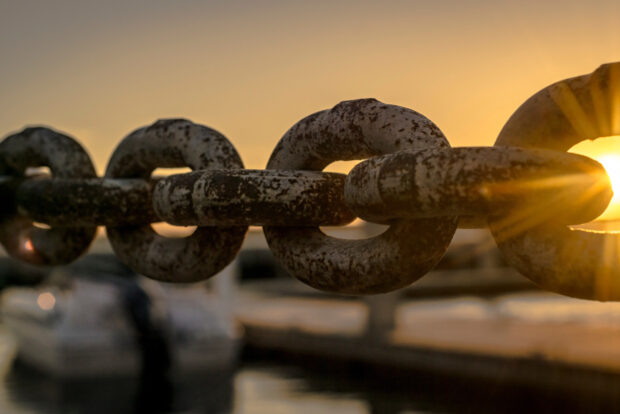EU plans natural disaster response team

Plans for a centralised emergency response force have been drawn up by the European Commission to strengthen Europe’s capacity to react to natural disasters.
The reserve force, which has been given the name rescEU, would be able to deploy fire-fighting aircraft, anti-flood pumping equipment, search and rescue vehicles, field hospitals and emergency medical assistance when national emergency services are overwhelmed.
Under the plan, rescEU would be fully funded and run by the commission, which would also set up a new European Civil Protection Pool for cross-border support provided by member states. Participating states would receive EU funding covering 75% of the costs they incur in upgrading and equipping response teams, and the same proportion of any spending on emergency relief delivered across national borders. The pool would replace an existing, voluntary scheme for cross-border disaster relief, under which the commission funds transport costs only.
Mutual support in difficult times
Announcing the plan in Brussels last Thursday, Christos Stylianides, commissioner for humanitarian aid and crisis management, said: “The tragedies of last summer and the past few years have shown that our current disaster response system has reached its limits in its existing voluntary format.
“The challenges we face have evolved, and so must we. It is a matter of solidarity and shared responsibility at all levels. This is what European citizens expect from us, and I now look to European governments and the European Parliament to embrace this proposal.”
According to the commission, the effects of climate change have contributed to the large number of natural disasters in Europe over recent years. So far this year, 200 people have been killed in natural disasters, and more than a million hectares of forest have been destroyed in wildfires.

A Canadair firefighting aircraft from Spain is deployed to help battle forest fires in Portugal (Image courtesy: European Commission DG ECHO).
Natural disasters ‘the new normal’
European Commission president Jean-Claude Juncker said: “Europe can’t be on the sidelines when our member states suffer from natural disasters and need help. No country in Europe is immune to natural disasters, which have sadly become the new normal.
“When a disaster strikes, I want the European Union to offer more than condolences. Europe is a continent of solidarity and we must be better prepared than before, and faster in helping our member states on the frontline.”
As well as a stronger EU-wide capacity to respond to disasters, the commission is proposing to step up disaster prevention and preparedness through measures such as a European Civil Protection Knowledge Network providing training and sharing best practice.
It has pledged to provide €280m (US$330m) during 2018-2020 for the plan, which will now be put to the European Parliament and European Council for a decision.






















Hello, this proposition was blocked by some countries in a vote. Because of the forest fires, it would be interesting what countries prevented the disaster force to happen.